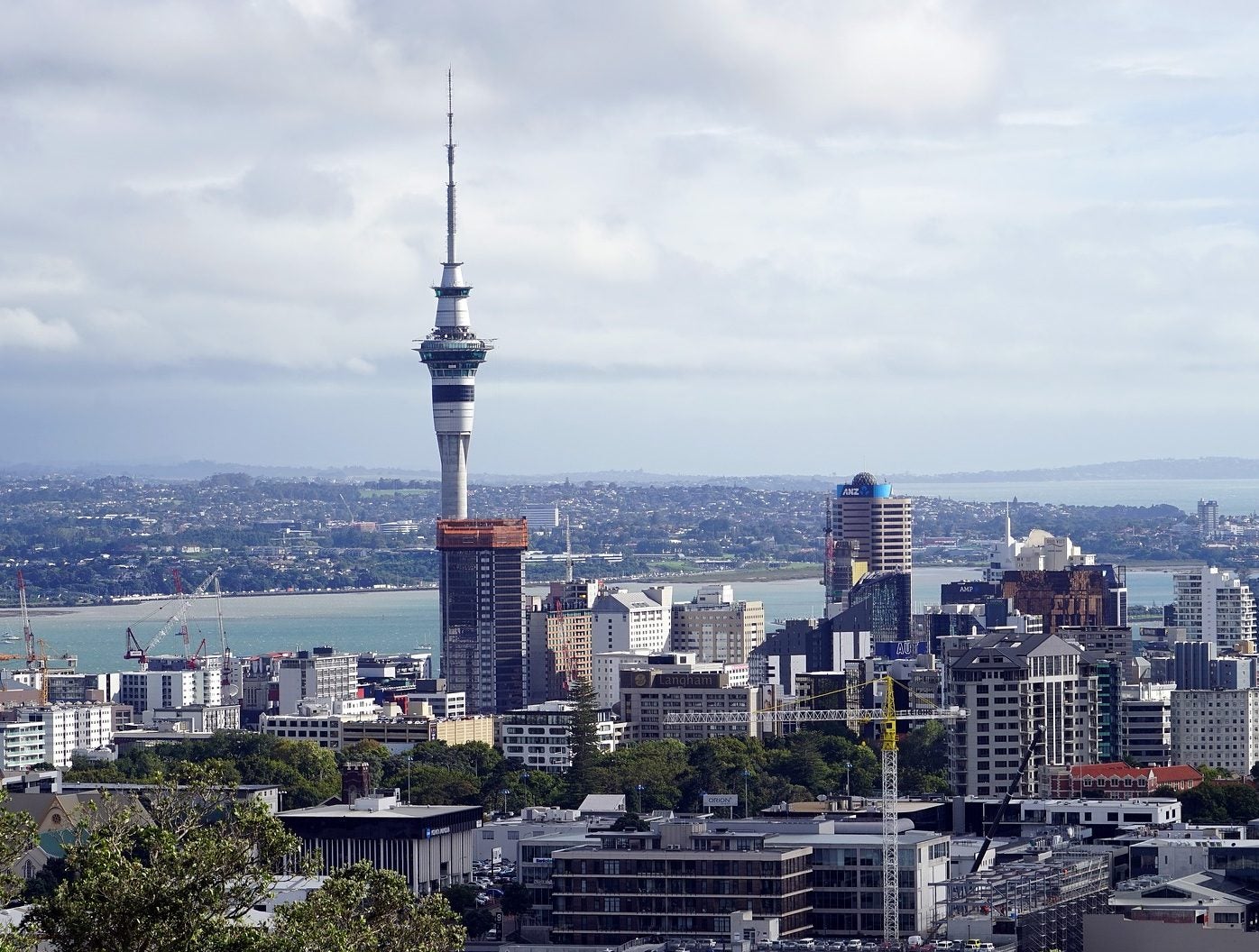
New Zealand has revealed plans to phase out certain single-use plastic items, as well as unnecessary or “problem” plastics, by July 2025.
As part of the commitment, hard-to-recycle food packaging produced from polyvinyl chloride (PVC), polystyrene and expanded polystyrene used for meat trays, takeaway and grocery packaging will be eliminated by late next year.

Discover B2B Marketing That Performs
Combine business intelligence and editorial excellence to reach engaged professionals across 36 leading media platforms.
The packaging also includes oxo-degradable and photodegradable plastics, plastic stirrers used for beverages and plastic-stemmed cotton buds.
By the end of 2025, all other PVC and polystyrene food and beverage packaging will be phased out.
Single-use plastic items such as produce bags, plates, bowls, cutlery, straws and non-compostable produce labels will be eradicated by 2023.
The New Zealand government said that further work is needed for removing single-use cups and certain types of expanded polystyrene used to transport cold items and protect large items.

US Tariffs are shifting - will you react or anticipate?
Don’t let policy changes catch you off guard. Stay proactive with real-time data and expert analysis.
By GlobalDataEnvironment Minister David Parker said: “Reducing plastic waste will improve our environment and ensure we live up to our clean, green reputation.
“Phasing out unnecessary and problematic plastics will help reduce waste to landfill, improve our recycling system and encourage reusable or environmentally responsible alternatives.”
To support the circular economy of plastic, Parker has launched a NZD50m (US$35m) Plastic Innovation Fund.
The fund, which opens in November, will support projects that design out waste in products and packaging, adopt and advance existing technologies, replace plastic and develop recycling solutions.
Several types of groups are eligible to apply for the fund, including research institutes, business sector groups, communities and Māori organisations.
Last August, New Zealand planned to make prior informed consent mandatory from importing countries for exporting hard-to-recycle, mixed plastic waste.
It is estimated that the country’s people each throw away 159g of plastic a day.
The country banned plastic bags in 2019, a move that has so far kept more than a billion plastic bags from ending up in landfills or oceans.





